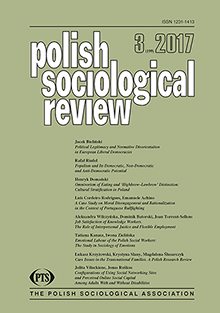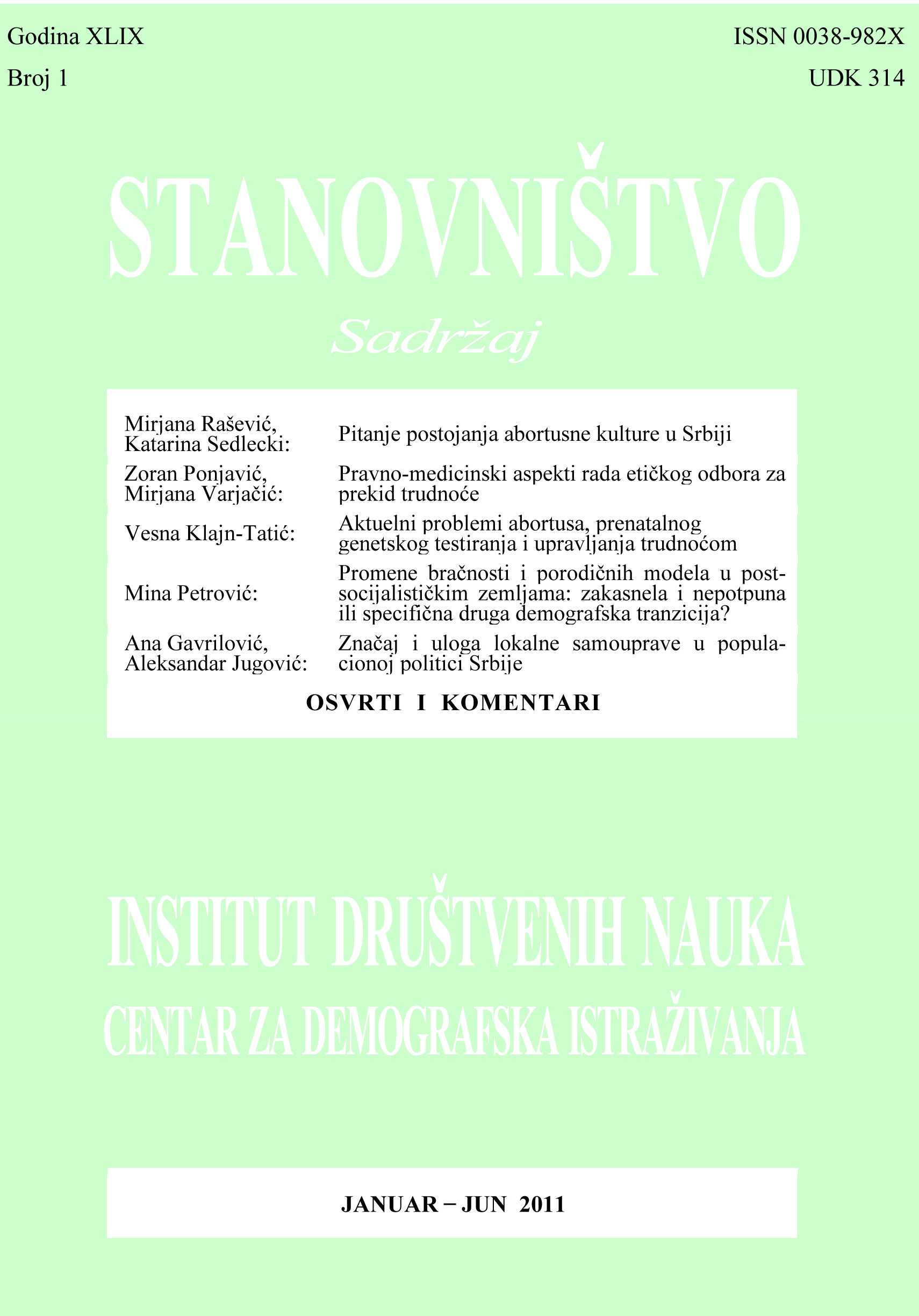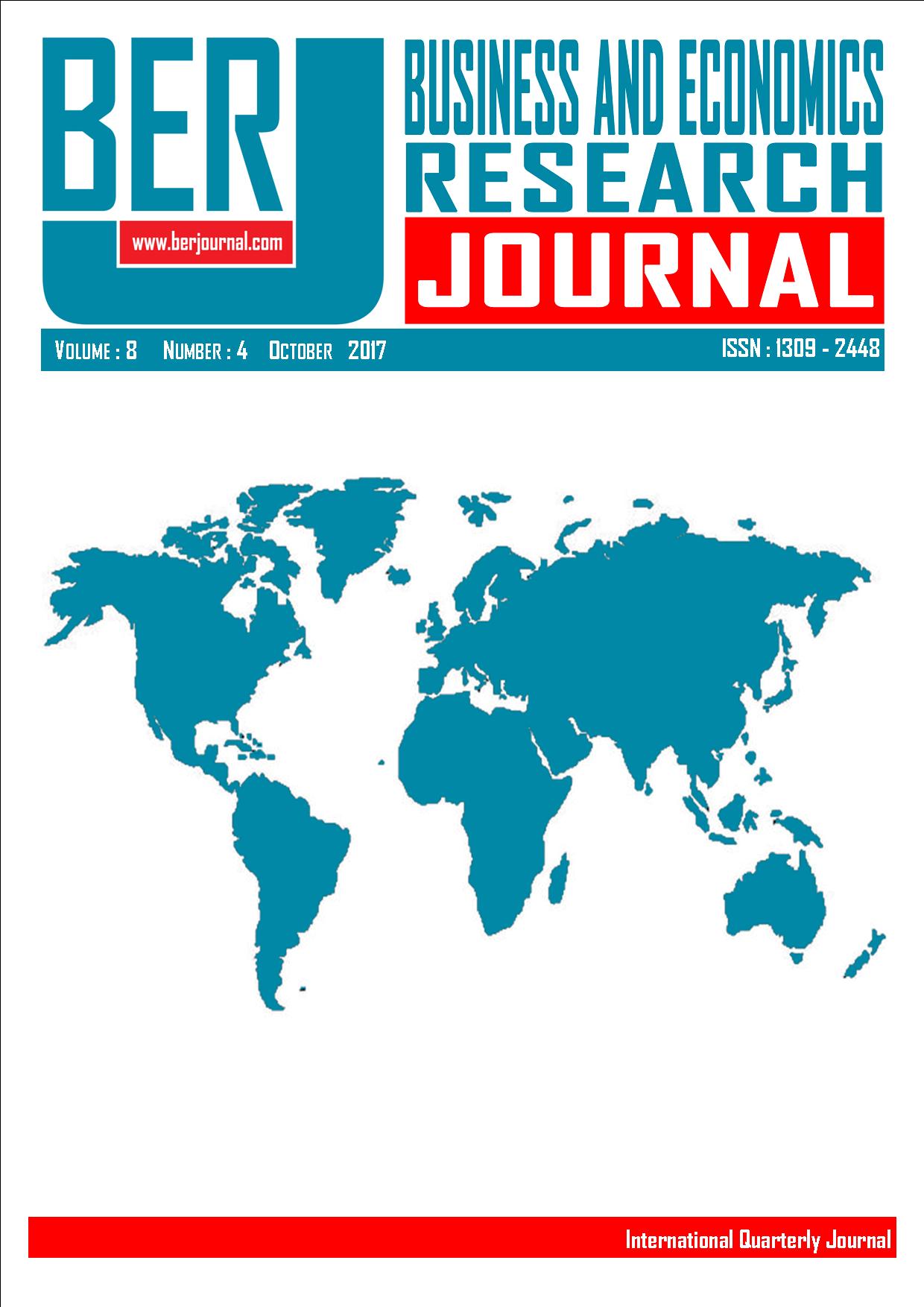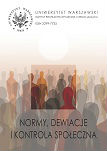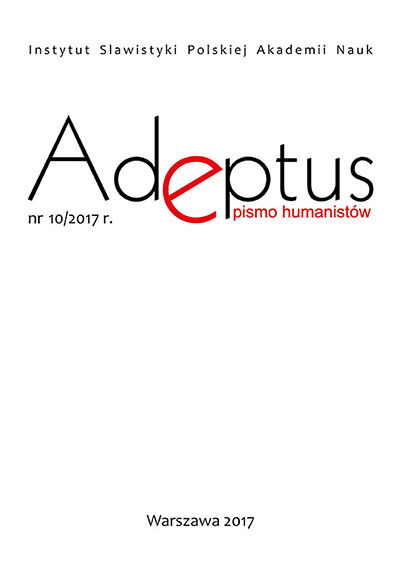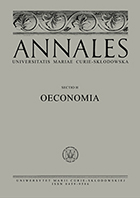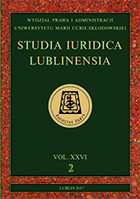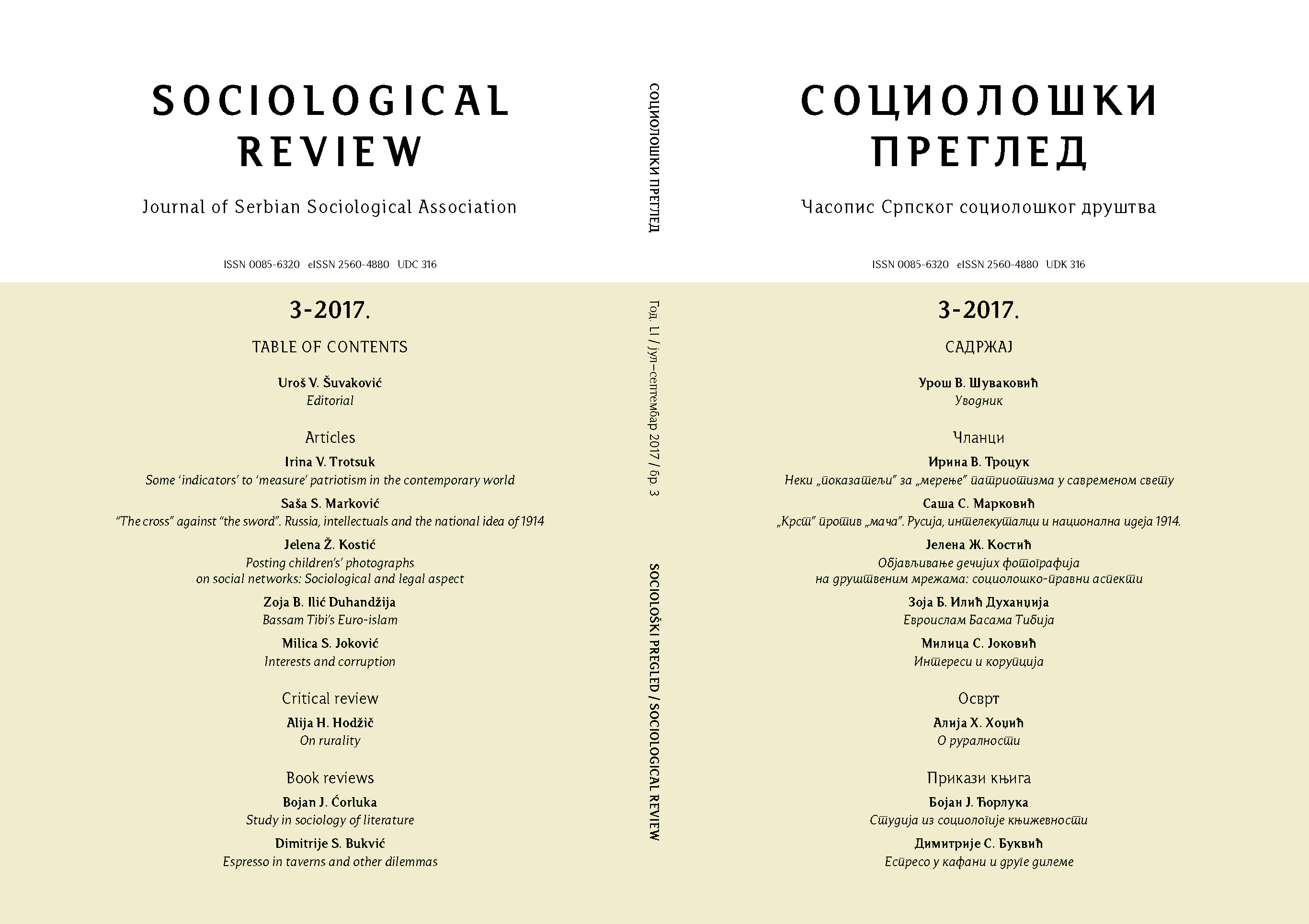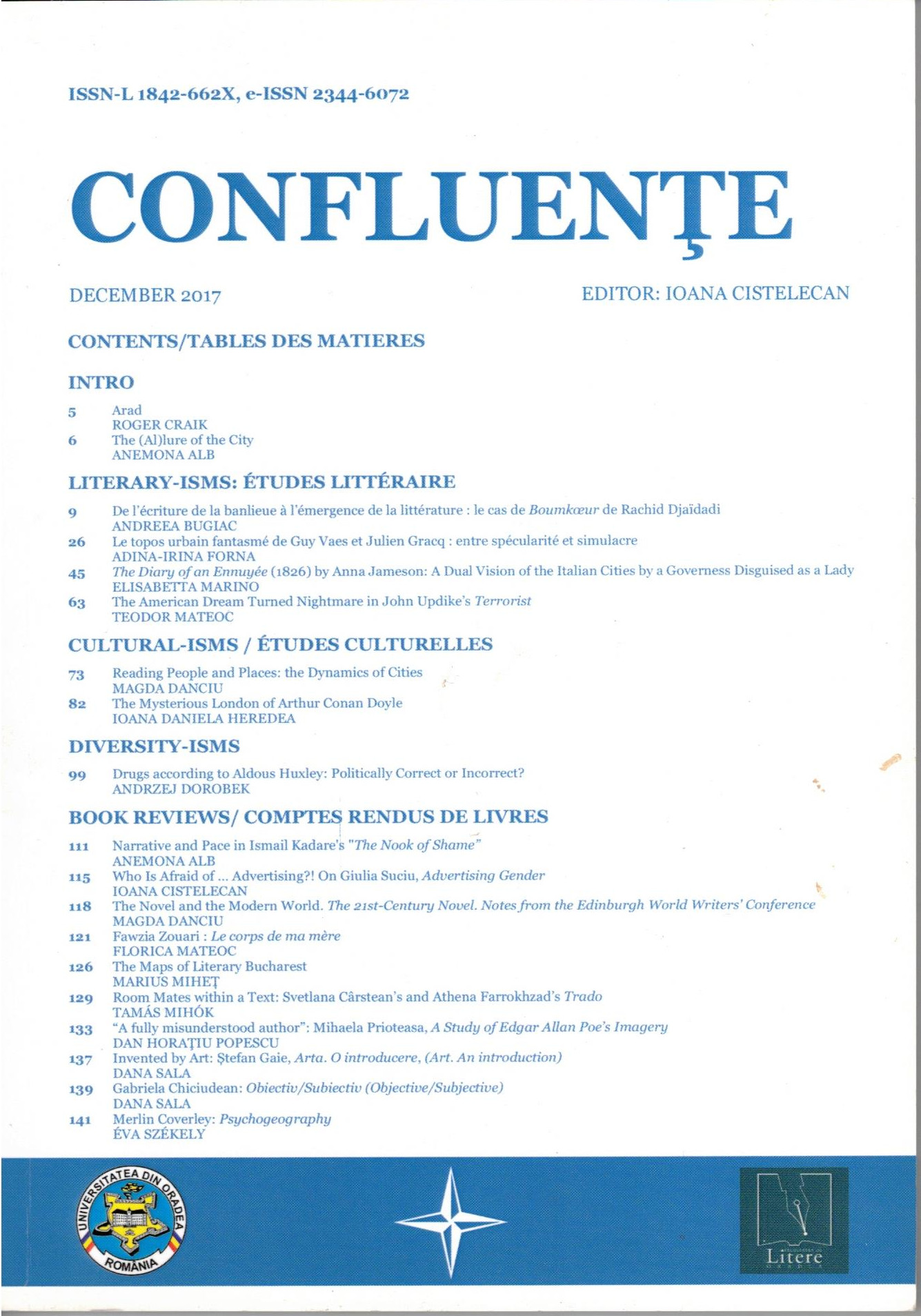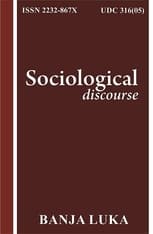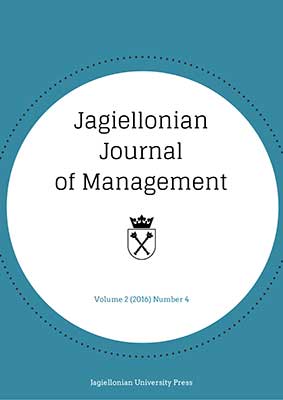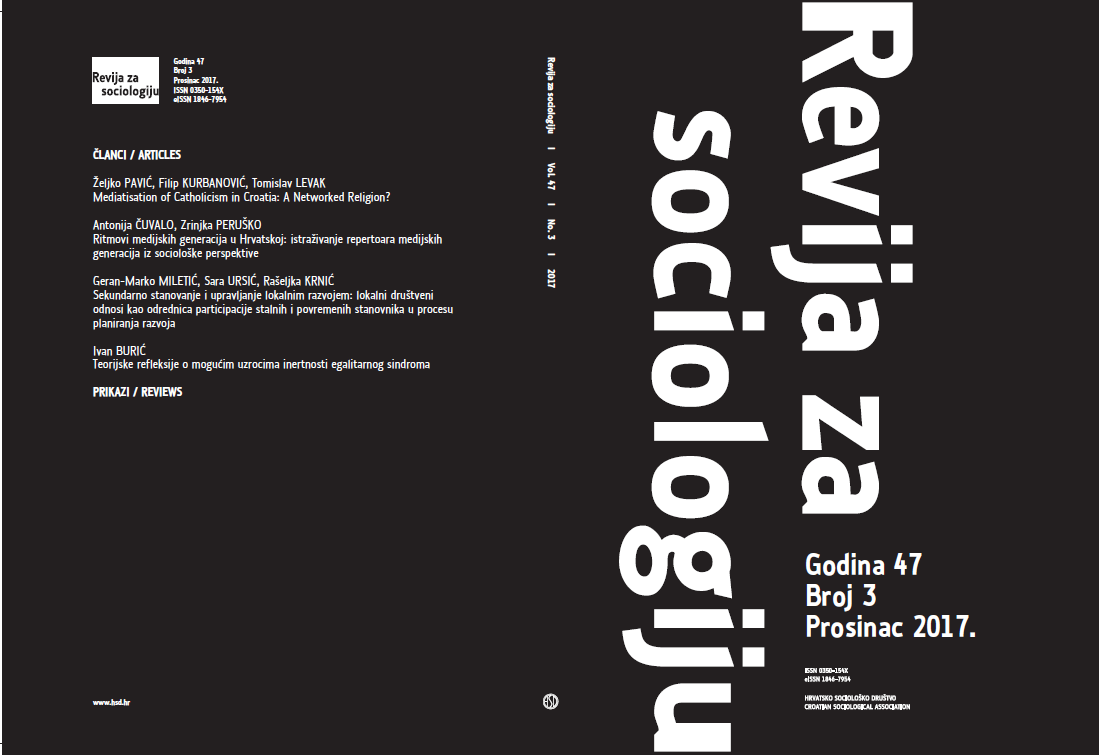Author(s): Alla Shevchenko / Language(s): Ukrainian
Issue: 34/2015
The article examines the impact of national and cultural values on socialization of the personality and its spiritual development. Main attention is related to problem of the education of value orientation such as spiritual, human, national with have a significant influence on human socialization. Spiritual development of the person includes a system of ethical values and national cultural landmarks which are implemented in the subjective selection of ideals, objective rating system and specific human behavior. One of the most important is a problem of education and preservation of spiritual values of the younger generation, cultural and spiritual values which are the basis of human existence. The formation of values is a continuous process of socialization and plays a major role in its formation. On the other hand, according to O. Halus, the socialization of personality is strongly affected by a variety of natural, spontaneous processes occurring in the environment. The national and cultural values, perceptions, attitudes and axioms – a product of our history and culture, which continuous during centuries. Personality is the main value in this system of values. US scientists John. Mead, E. Ericson, K. Rogers took a considerable attention to the phenomenon of identity. They saw the task of science in comprehending of the cultural content of social phenomena, not the formation of certain principles which would give the benefit to the public. His ideas had a great influence on the development of concepts of socialization in terms of subject approach. The article analyzes the views of scientists to determine the spiritual values of national culture. Thus, the Charles B. notes that the value of the current generation – is the spiritual values that belong to the people, local community and form the basis of their existence and development. They are formed during the historical development of the nation, development of its material and spiritual culture. Today, modern youth honors the values of personality that are inherent to all human generations, because every young person have to understand and care about the development of the fundamental principles that were laid in society, in family. According to, G. Sytnyk major Ukrainian national values include: state sovereignty; territorial integrity; the democratic foundations of development; hard work; spirituality; family; equality of peoples inhabiting Ukraine; dedication in protecting the homeland; social justice; collectivism; material and spiritual heritage of the people of Ukraine; peacefulness; tolerance; goodwill. It is the highest moral values based priorities of the Ukrainian people. That family has a great influence on socialization, teaches and uses the family tradition in shaping the moral values of the individual. One of the challenges of modern family is learning moral values, ideals, cultural traditions, ethics of relations between loved ones and providing spiritual unity of generations. Family traditions combine social traditions which they appear in family life, and specific rules and regulations adopted by each family. They act as a kind of model behavior, cultural patterns and norms of moral relations. Their existence in the family depends on the nature of relationships and the influence of cultural factors. Another important social institution that affects the socialization of the individual is culture, says N. Babenko. This is the way of human existence, the form by which all social content becomes human development. Socializing function of culture focused on the transfer and assimilation of cultural heritage. Absorbing the culture, man acquires its spiritual sense – moral ideas, attitudes, behavior and expression, aesthetic tastes. As a means of socialization, culture of controls, regulates, organizes the behavior of social interaction. However, in today's Ukrainian society there are a number of negative phenomena that complicate preservation of national cultural values. Public morality is not yet sufficiently developed, since its basis is the Soviet totalitarian values that had gone into the past. The problem for youth is its self-determination, as the vast number of young people perceive life through a social majority. Modern young person is hard to find mutual understanding with society, adult generation, so we need to find ways of voluntary subordination of his actions to the moral requirements of society. The biggest impact of all processes contradictions that occur suffers from, primarily, the family as the most important center of society . Changes occurring in our country, promote the growth of the family role in the morality formation of the younger generation . The current period of society development requires new approaches to education and future generations. A measure of social development has always been a measure of cultural and spiritual nature of human. Human socialization is a process of learning and its reproduction of cultural values, social norms, selfdevelopment and fulfillment in society. Significant attention is taken to nurturing influence of family in formation of spiritual potential of the personality. It is saying about the impact of national and cultural values which change in the formation of spiritual culture.
More...

